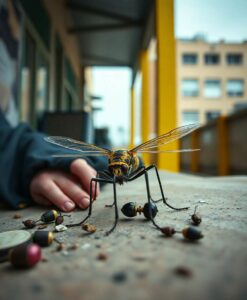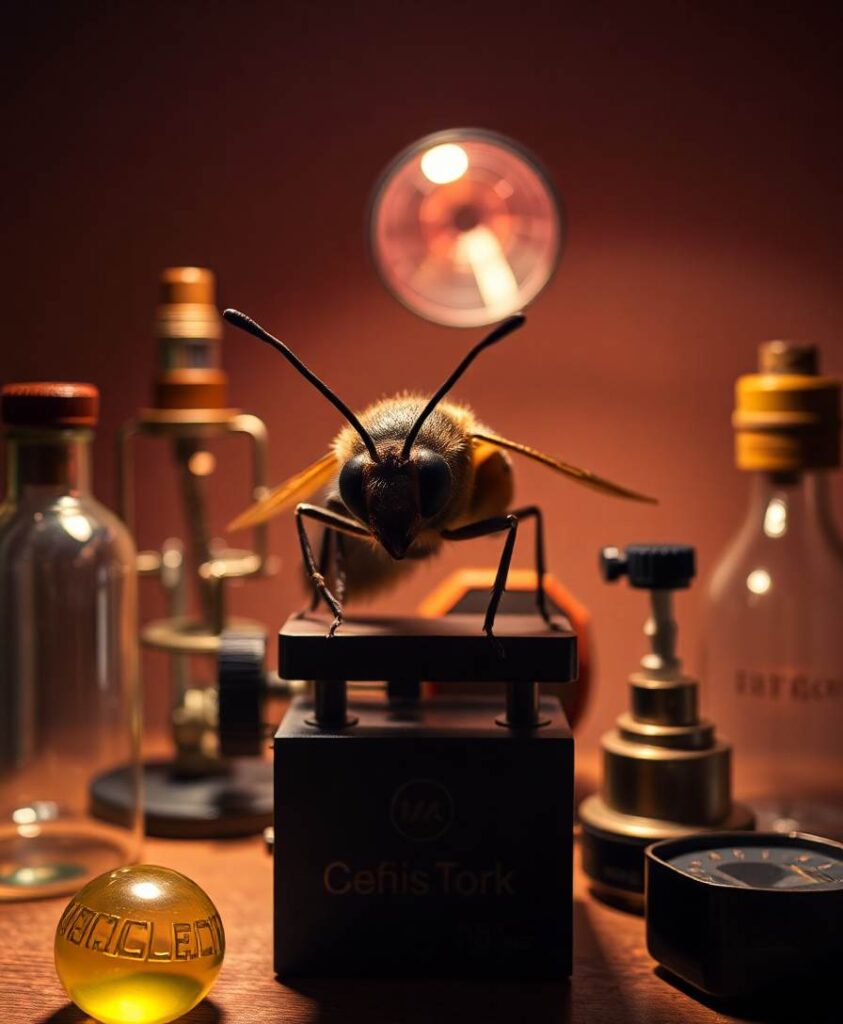These findings challenge our understanding of consciousness and cognitive development. Insects like honeybees and fruit flies demonstrate that sleep serves fundamental neurological functions across evolutionary pathways. Their neural circuits transform temporary experiences into stable memories through intricate synaptic mechanisms, suggesting a deep biological wisdom underlying rest and learning.

Memory consolidation represents more than a biological mechanism—it speaks to how living systems preserve meaningful information. By studying insects, scientists gain insights into the fundamental processes that enable organisms to adapt, remember, and evolve. Such research opens doorways to understanding neural plasticity, potentially illuminating how different species transform momentary experiences into enduring knowledge.
Several cognitive functions of sleep, including a role in supporting memory consolidation, are conserved across the evolution of animal species. As outlined here, studies of insect behavior and neural circuits have identified key synaptic and circuit mechanisms through which sleep can influence long-term memories.




